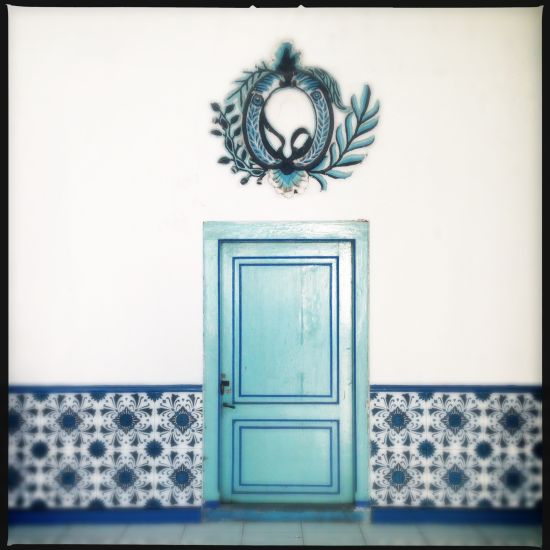
Last month Susan and I had the opportunity to travel to the Central Java city of Surakarta for the ASEAN Blogger Festival and as well as meeting lots new friends, we also managed to learn a thing or two when we visited the Karaton.
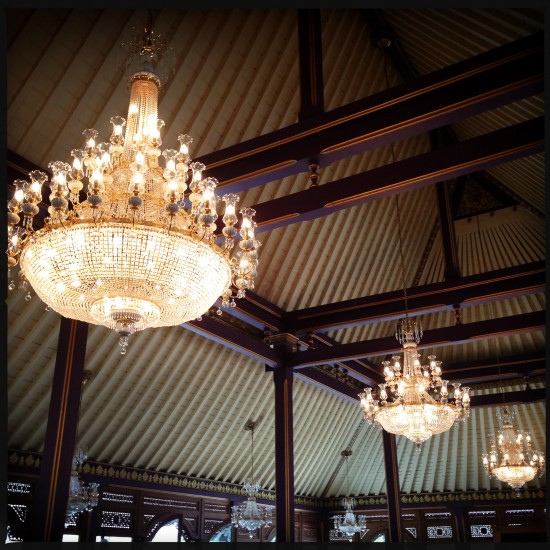
Chandeliers in the Karaton
Solo, as Surakarta is more popularly known, is a town built on tradition. Tradition that has been built over countless centuries where for the most part it was governed by a Sunanate. ‘Sunanate’ is the name given to a kingdom ruled by a Sunan and there is only one Sunan – the Sunan of Surakarta.
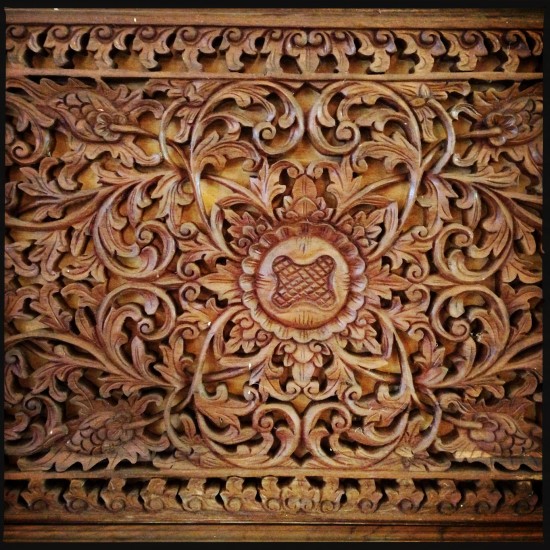
Some intricate carving in the Karaton
The Sunanate of Surakarta was established in the mid-1700s after the demise of the Martaram Sultanate which ruled over a much larger area. At the same time, the Sultanate of Yogyakarta came to prominence and these twin cities in the middle of Java held autonomy at a time when Dutch colonial powers controlled almost all of what is these days known as Indonesia.
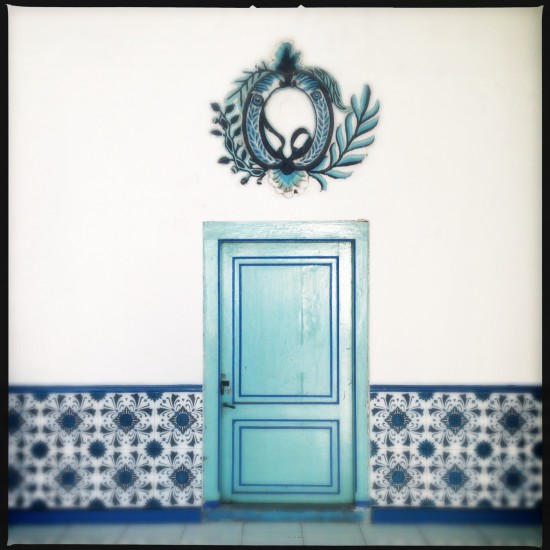
What a wonderfully picturesque doorway
This special autonomy persisted in both cities right up until the time of the declaration of Indonesian independence in 1945. At this point, both kingdoms were promised continued autonomy once the war of independence was over, but politics soon came into play which resulted in Yogyakarta being given autonomy in 1950 and Surakarta being controlled by the central government and not given the autonomy which it was promised.
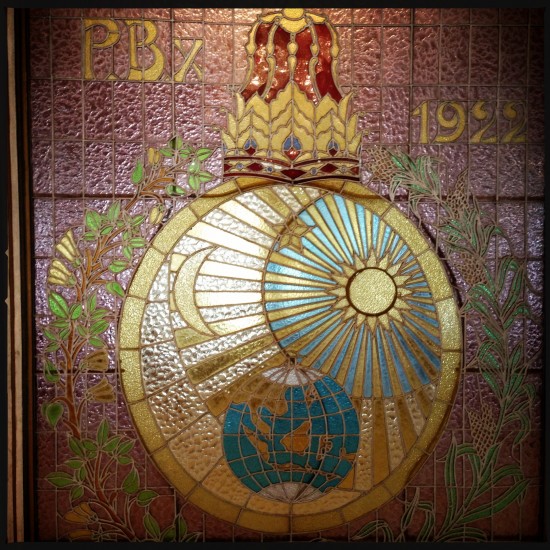
The stained glass in Karaton is sensational!
Why? The exact political wranglings that took place during this period are unclear. However, it is claimed that nationalist forces opposed any autonomy for former kingdoms but that the Sultanate of Yogyakarta was able to win favour from the Indonesian leadership due to their close relationship. The Sunanate of Surakarta had no such close ties and the Indonesian leadership reneged on their promise of autonomy for Surakarta.
Which leads us to today. Yogyakarta is a special administrative region and Surakarta is not. While some may dispute the details of what happened almost 70 years ago, what is clear is that the two cities were not treated equally and the Surakarta royal family would like some of the power it once had returned to them.
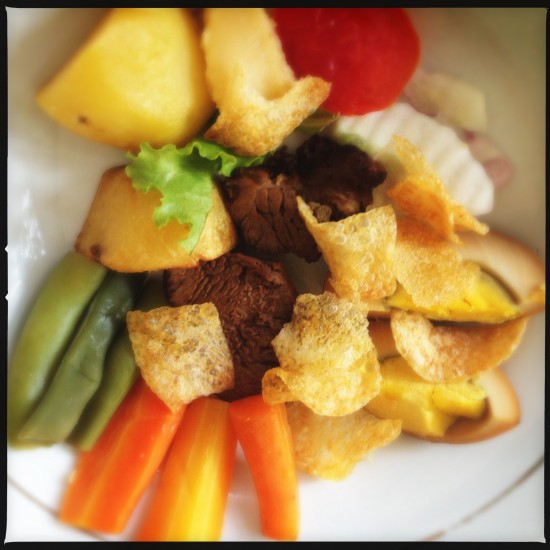
Selat is a classic Solo dish
But it’s not about power — it’s about history, it’s about promises. When you visit the Karaton of Surakarta, you immediately understand the regal position that this family once had in Surakarta life. When you visit Surakarta and see the architecture, the connection that people have with its history and their true belief that their city is unique beyond what people normally believe about their home town, you understand that perhaps the royal family of Surakarta has a point.
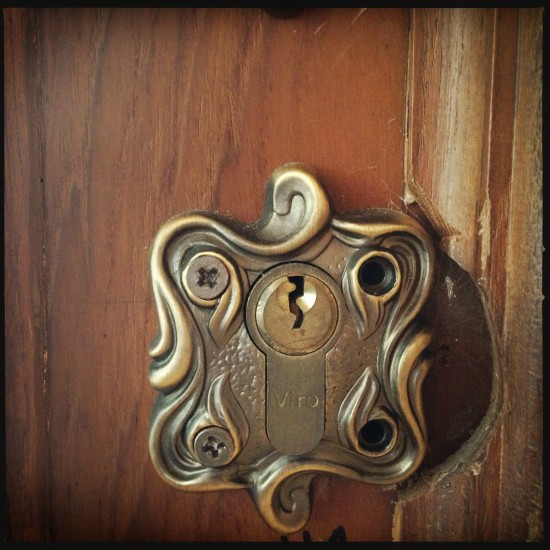
An ornate door lock
Some people will claim that giving autonomy to kingdoms such as Surakarta undermines the legitimacy of the Indonesian Republic and that separatist agitators will seize on such a decision to stake their own claim for autonomy or even independence. While there is some merit in this argument, we can learn valuable lessons from the handling of the granting of autonomy to Aceh which had no effect on the push for independence in places such as West Papua.
Some may also argue that former kingdoms in other parts of Indonesia will claim autonomy such as those in Bali or Ternate. But we must remember this is about history and about promises which are unique to Surakarta.
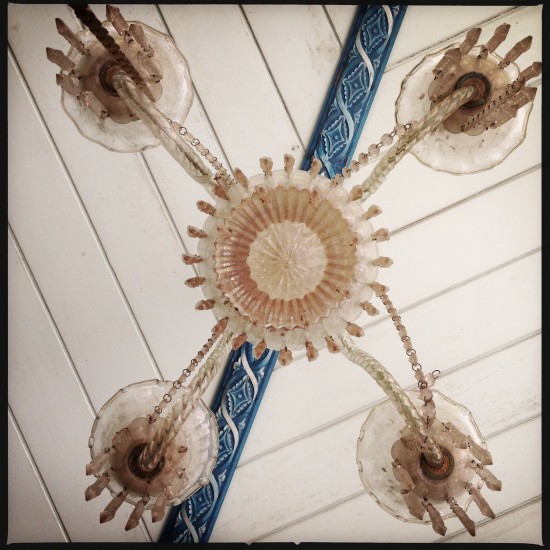
A unique perspective of the lighting in the Karaton
It’s certainly something worth talking about and we’d welcome some form of dialogue between the government and the Sunanate of Surakarta to establish whether there is a case for greater autonomy. What do you think? Should we fear Indonesia’s history or embrace it, celebrate it and carry it forward into the 21st century?


sudah pernah mampir ke solo ternyata..mantap 🙂